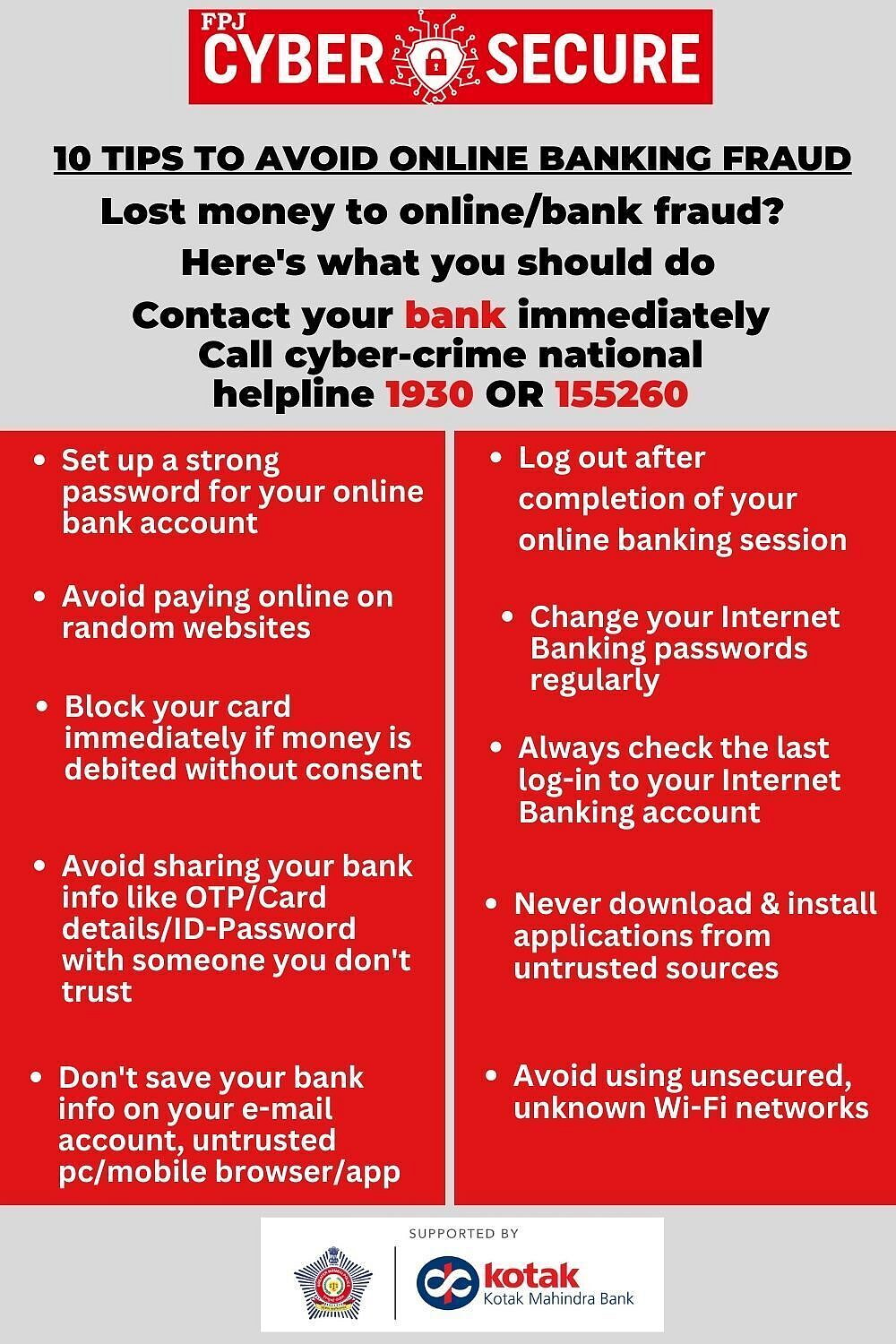Mumbai: A 35-year-old man, working as a manager at a reputed life insurance company, lost Rs. 5.37 lakh in a task-based fraud. A resident of Ghatkopar West, the victim, Viren Thakkar (name changed), received a message on his WhatsApp number where the sender offered Thakkar a part-time job opportunity.
Thakkar's only task was to visit the link they sent, provide "ratings" to hotels, and send them back a screenshot. For every "free rating," Thakkar would be paid Rs. 2,800, and in return, he would have to pay a safety fee of Rs. 150 to 200. He was informed that the offers might vary with each task.
According to the police, the first link they provided opened a Telegram group named 'TASK GROUP VIP.' He was told that there would be one hotel in one link, and there were a total of 24 links sent to him. Immediately after Thakkar received the links, he provided ratings to three or four hotels and received Rs. 150 and Rs. 450 via Google Pay from two different bank accounts. Furthermore, Thakkar was informed that Rs. 2,800 had been debited to him via "coins" on a website named coins7.net.
Man falls deep into spiral of fraud
Two days later, on August 30, he was given yet another "task." He completed the task and was paid Rs. 150 and Rs. 450 via Google Pay. On September 2, the new task was to pay Rs. 5,000, and he would receive Rs. 7,000 in the form of coins. On the same day, they told Thakkar to complete two more tasks, and if he failed to do so, he would lose all the money he earned in previous tasks. The first task was to pay Rs. 32,000, and the second was to pay Rs. 98,000, in return for which he would receive Rs. 39,000 and Rs. 1,50,000 in coins.
While all these things started to create doubt in Thakkar's mind, he saw "positive messages" on the added Telegram group where people claimed to have received wonderful rewards after their tasks. Hence, he fulfilled the two aforementioned tasks and continued to complete more such tasks, believing he would get everything back. When Thakkar ran out of money, he asked his friend to lend him some. After accumulating Rs. 7,50,000 in the form of digital coins, he asked them to help him withdraw the money. But they told him to pay 40% of the accumulated amount to receive the complete amount. That's when Thakkar realized the fraud, after losing a whopping Rs. 5.37 lakh, out of which Rs. 2.50 lakh belonged to the victim's friend, which he had borrowed.
On Thursday, Thakkar approached the Pant Nagar police, narrated the ordeal, and subsequently registered a first information report (FIR) against unknown persons for cheating and cyber fraud under the Indian Penal Code and the Information Technology Act.
What are digital coins?
Digital coins are used in the crypto market. Coins can be redeemed for rewards such as cash, bank transfers, net banking, etc.







